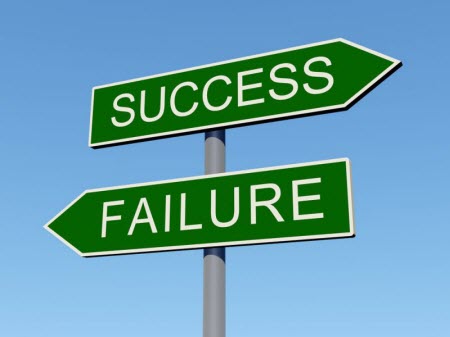There’s an easy way to tell a smart dog from a stupid dog. There’s a fence in front of you, and behind it is a delicious juicy bone. You’re starting to salivate just thinking about how amazing it will feel between your teeth. Now you have a choice. If you’re a stupid dog, you’ll run at the fence, stand in front of the bone and start to bark. If you’re a smart dog, you’ll look along the fence, find the gate, run happily through it and devour your prize.
Humans also have a hard time finding the gate. It’s easy to get preoccupied with the bone. It can look so inviting that you don’t take the time to look around, take things in, and choose the best path. Sometimes that path is indirect. It often means getting other people involved. But by spending the time, you can have far more impact…








